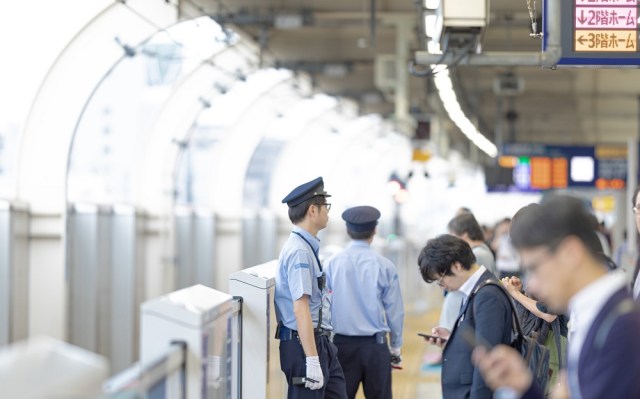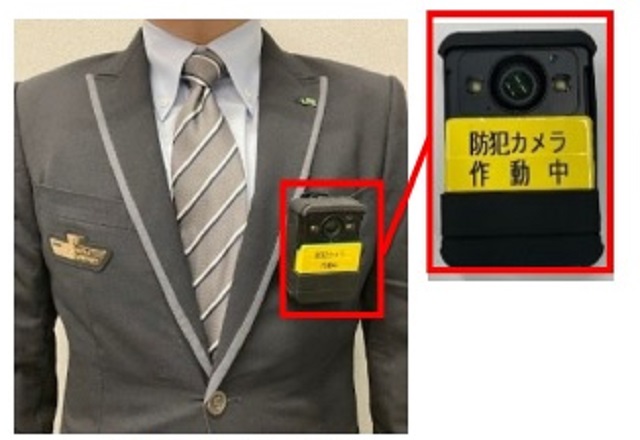Tokyo train operator begins issuing body cameras, but it’s not employee conduct that worries them

JR East implements new policy in time for New Year’s.
There’s usually a lull in activities at most Japanese companies at this time of year. Things are winding down as most people get set to go on New Year’s vacation, and there’s a general attitude that there’s not much point in starting things that can wait until after everyone comes back to work in January.
But East Japan Railway Company, the Tokyo area’s largest train operator, has at least one order of business it wanted to get done before the start of 2023: equipping station staff with body cameras. JR East (as the company is also known) announced the policy on December 22, with implementation coming just a few days later on December 26.
▼ JR East’s station employee body camera

While body cameras in many countries have become associated with safeguarding the public against misconduct by people in position of authority, in the case of JR East it’s the opposite problem that they’re trying to prevent. While Japanese society can usually be accurately described as polite and peaceful, station employees sometimes find themselves on the receiving end of verbal abuse and even physical attacks from rail passengers, oftentimes ones who have had far too much to drink. A 2020 study found more than 400 reported cases of physical attacks on railway workers, and it’s JR’s hope that equipping its employees with body cameras will “improve the safety of station employees and promote the creation of an environment where they can work with a sense of security and peace of mind.”
JR East says it will be implementing body cameras at 15 stations, though a list of which exact ones hasn’t been made available. In keeping with their purpose as a preventive measure, the cameras will be highly noticeable, clipped to the chest area of employee’s uniforms and with a written indicator stating that they’re currently recording/broadcasting. The timing of their introduction is likely so that the system will be up and running by the time Japan enters its end-of-the-year/New Year’s party season, during which the number of drunk passengers on trains and passing through stations skyrockets.
Source: JR East via Hachima Kiko
Top image: Pakutaso
Insert image: JR East
● Want to hear about SoraNews24’s latest articles as soon as they’re published? Follow us on Facebook and Twitter!
Credit:

0 comments: